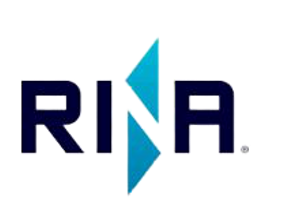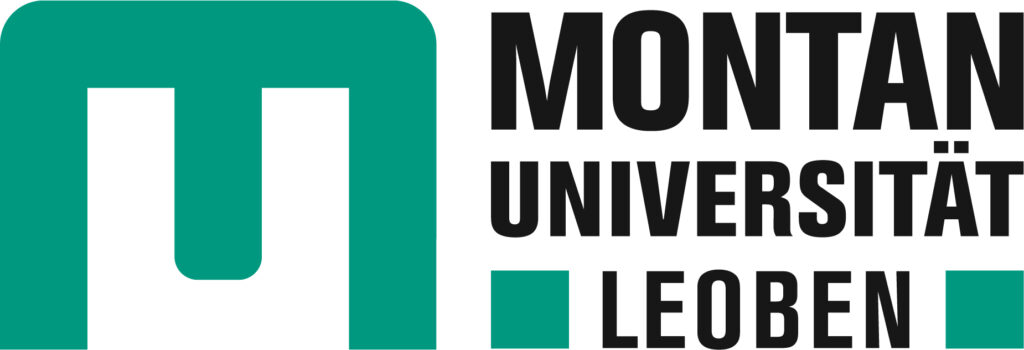Members
ReMFra project | Recovering metals and mineral fraction from steelmaking residues
ReMFra project’s members

TenarisDalmine
TenarisDalmine, part of Tenaris Group, is a leading worldwide producer of steel seamless pipes for the energy, automotive and mechanical industries. DALMINE’s main manufacturing facility in Europe is located in Dalmine (BG) and covers the entire production cycle, from steel production to pipe finishing, with an annual production capacity of approximately 650 kt of seamless steel pipes. DALMINE has 5 other production sites in Italy guaranteeing an overall annual production capacity of about 800 kt and employ nearly 2,000 people. DALMINE will be the coordinator of the project. In Dalmine facility, plasma reactor will be installed and tested. DALMINE will participate to system design, characterisation of feed material, products and by-products, and DEC activities.

Tenova
TENOVA, a Techint Group company, is a worldwide partner for innovative, reliable and sustainable solutions in metals and mining. TENOVA, leverages a workforce of over 2,500 forward-thinking professionals located in 19 countries across 5 continents, who design technologies and develop services that help companies reduce costs, save energy, limit environmental impact and improve working conditions. TENOVA will develop the technological process for the plasma reactor and size the main equipment involved in the system. TENOVA will also participate to the dissemination and exploitation program by sharing research results with potential users.

RINA-CSM
RINA-CSM is a significant research centre having a recognized role within the international R&D centres for materials and related production technologies. RINA-CSM’s activities cover the entire cycle of innovation from basic to applied research to design, engineering, processing, prototype production, process/system automation and control. RINA-CSM will be responsible for LCA, LCC and HSE analysis (WP7), material characterisation (WP2) and will support the process design and DEC activities.

ESTEP
ESTEP was formed in 2003 as one of the first European Technology Platforms to be created. Its membership encompasses all the major European steel producers, the European Steel Association, EUROFER, academic centres, research organisations working in steel sector and industrial stakeholders (also final users). ESTEP will support the dissemination activities using its large network as one of the European Technology Platform.

K1-MET
K1-MET is one of the leading and internationally renowned research competence centres for advanced metallurgical and environmental process development, with special focus on the research of solutions to tackle the challenge of resource efficiency within the metallurgical sector. K1-MET developed solutions for the processing of steelmaking residues to recover valuable fractions for a further use, with RecoDust being a central part of this project jointly developed with VAS and MUL. K1- RecoDust, define the KPIs and support pilot operation with accompanied process analyses and evaluation of quality of the derived ReMFra products.

VAS
VAS (Voestalpine Stahl GmbH) operates a fully integrated steel mill in Linz, with as core business the production of flat products. One of the main activities of the research department slab of VAS is the reduction of process residuals and the increase of process internal recycling rates. VAS operates a waste plastic injection plant at its biggest blast furnace in Linz for more than 10 years now. VAS will assist K1-MET and MUL during RecoDust campaigns and will support the analyses of the produced zinc rich dust and iron rich slag and will be responsible for material delivery from Linz to Leoben (MUL).

MUL
MUL (Montanuniversität Leoben) has a long and proud tradition as a centre for education and research, with approximately 4,500 students enrolled. MUL research portfolio comprises the value-added lifecycle, starting with the exploration and extraction of raw materials, followed by fields such as metallurgy, high-performance materials, process- and production engineering, and complemented by environmental engineering and recycling. MUL will be involved in RecoDust pilot modification and testing. RecoDust pilot plant will operate at MUL premises.

FEHS
FEHS (Institut für Baustoff-Forschung e.V.) is the joint research organization of the German, the Netherlands, Swiss and Austrian steel industry established to promote and support the use of slags and residues of iron- and steelmaking and performs applied research for the steel industry. FEHS laboratories are equipped with modern analytical techniques, including melting and heat-treating furnaces, complete chemical and mineralogy laboratory (also physical tests). FEHS will be responsible of product and process assessment and certification (WP6) and FEHS laboratories will be used for the characterisation of slags.

TKSE
TKSE (Thyssenkrupp Steel Europe) is one of the world’s leading suppliers of carbon steel flat products. With around 27,000 employees and highly efficient facilities, the company produces around over 13 million tons of crude steel per year. The Duisburg mill is the heart of the company. TKSE residues will be involved in Plasma reactor and RecoDust use cases and the pelletizing technology will be tested during the project.

TATA
TATA (Tata Steel) is one of Europe’s leading steel producers, with steelmaking in the Netherlands and the UK, and manufacturing plants across EU. The company makes high-quality strip steel products for demanding markets such as construction, automotive, packaging and engineering. TATA will be responsible for the material delivery (HIsarna dust) to MUL facility for testing in RecoDust use case and will support the analysis of ReMFra products.

CELSA
CELSA produces over 2,4 million tonnes of steel per year. Production is separated into corrugated and smooth round rods, rolled wire, flat rods, squares, angle rods and structural sections. CELSA Barcelona has two EAFs with capacity of 140 tonnes each one and two continuous casts. CELSA residue will be evaluated for the plasma reactor application with lab scale tests.
